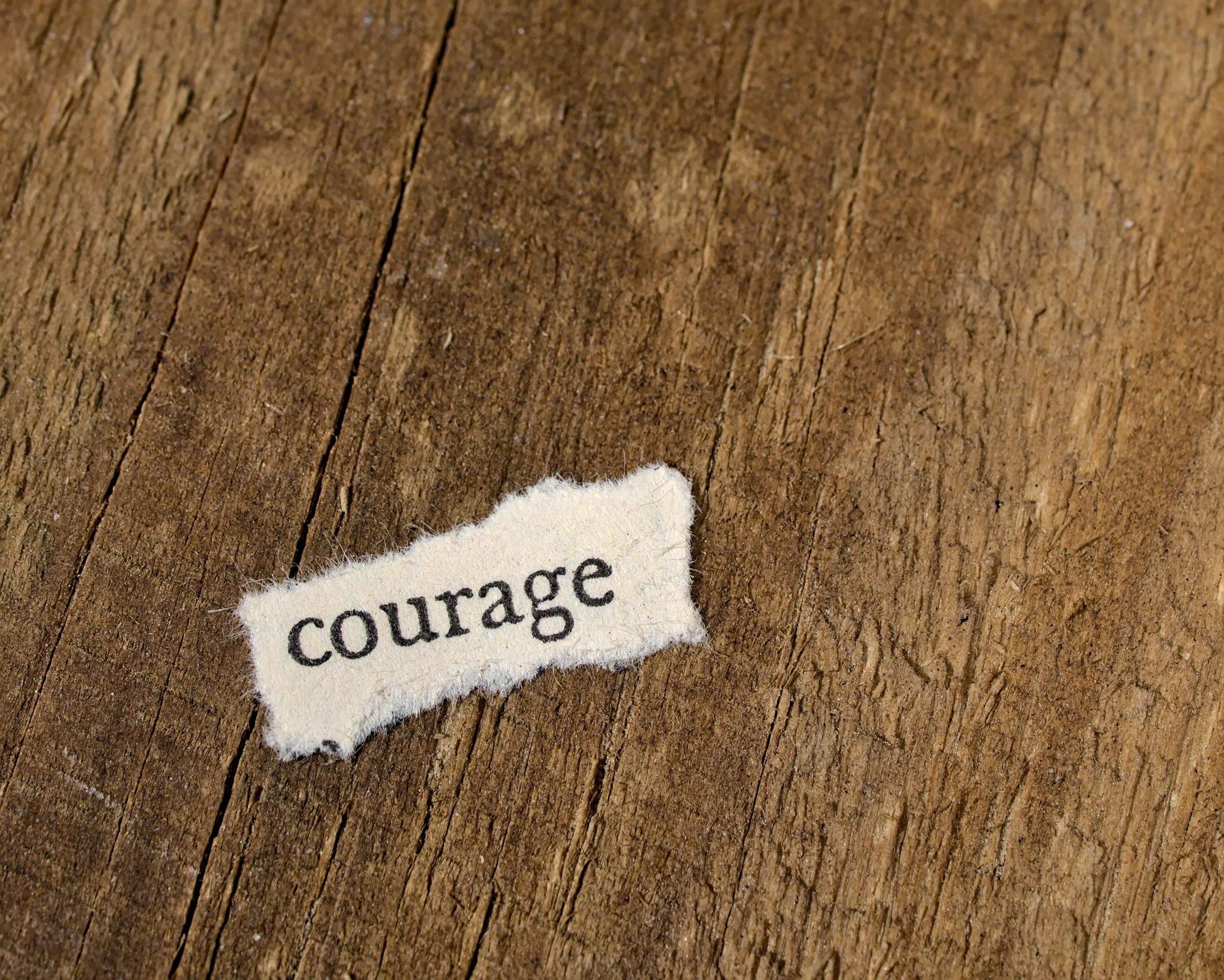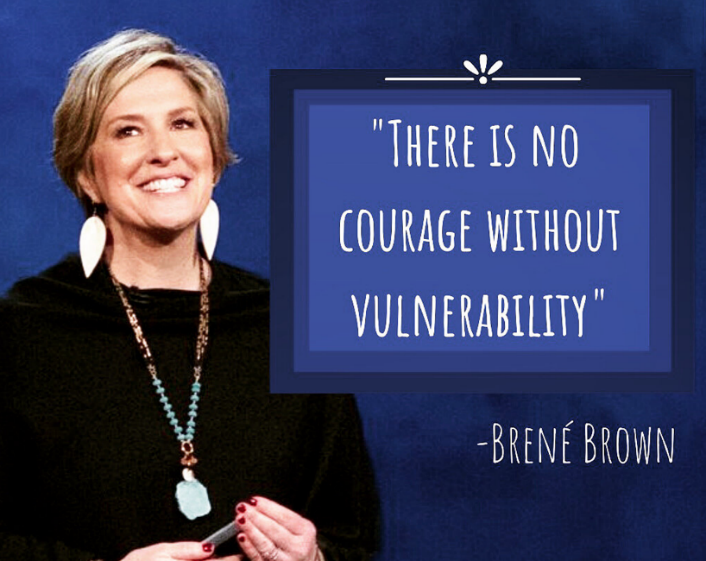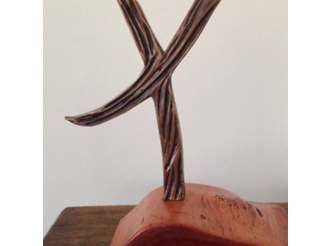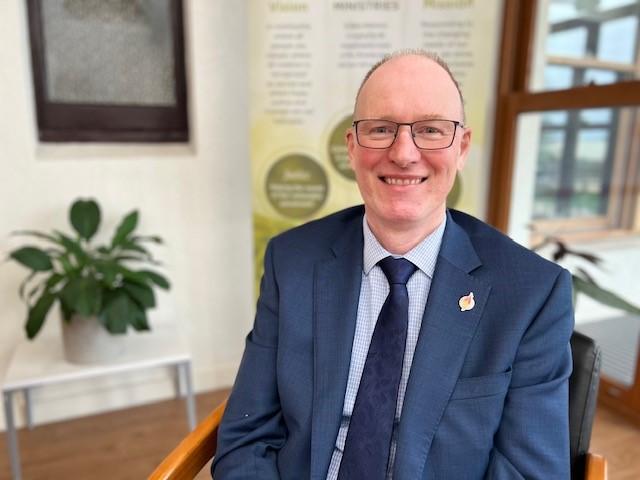Editorial

Dear KM community,
In the stream of life, we don’t know if calm or turbulent waters wait around the bend. Yet we paddle on - with courage.
The word ‘courage’ comes from the French word coeur, which means heart. To live well requires us to have heart – to act with courage.
Given the multitude of movies we’ve seen with heroes performing extraordinary acts, we might think courage is a quality of the special few. Nothing could be further from the truth. We’re all capable of being brave. In fact, for our own sake and that of others, we need to be.
Brené Brown is a leading academic, author and speaker who has researched shame, vulnerability, courage, leadership and whole-heartedness over the past two decades.
In ‘The Call to Courage’, Brené suggests that many of us grew up believing that courage is a valuable strength, but vulnerability is a shameful weakness. We were rewarded when we acted bravely. We were told that boys shouldn’t cry and girls should be pretty and pleasant. We figured out we must hide our true selves, for being truly seen would lead to rejection.
One of Brené’s counter-intuitive findings is that vulnerability is essential to courageous and fulfilled living.
She found that “true courage comes when we decide to take a risk without knowing the outcome. It means showing up and letting yourself be seen, despite the risk. When you show up in this way, you open yourself up to joy and connection, but you can only do it by accepting that there could be pain.”
Brené has found that vulnerability is the most accurate way to measure courage. In an interview, she said:
“… I can tell you as a researcher, 11,000 pieces of data, I cannot find a single example of courage: moral courage, spiritual courage, leadership courage, relational courage, … that was not born completely of vulnerability.”
In both our personal lives and work, to succeed we need to be both vulnerable and courageous. This those with whom we engage whole-heartedly – and us. As Brené says:
"Vulnerability is hard, and it's scary, and it feels dangerous, but it's not as hard, scary or dangerous as getting to the end of our lives and having to ask ourselves, 'What if I would've shown up?' 'What if I would've said, I love you?' … Show up, be seen, answer the call to courage... 'cause you're worth it. You're worth being brave."
Jesus’ courage was essential to his mission. He lived with vulnerability and openness, as he brought healing and hope, while challenging the status quo. After three years of ministry, he chose to return to Jerusalem, knowing that risks awaited. From the cross, he maintained his integrity – even forgiving those who nailed him there. Extreme courage, immense love.
Redemption followed the apparent defeat of Calvary. Counterintuitively, the Passion enabled the immense grace which followed. In our own lives, if setbacks arise from courageous efforts, we trust and hope that grace will follow. If we are willing to risk ourselves in the darkness, we can then bring greater light to others.
Our Mission and Vision make it clear that we are people of both courage and hope.
Kildare Ministries is inspired by the transformative vision of the Christian story and our rich traditions.
Our Mission: Responding to the changing needs of our world, we strive to build inclusive communities through the provision of education and community works.
Our Vision: A community where all people are valued, where all creation is recognised as sacred and where hope, justice and courage are our hallmarks.
The Kildare Ministries cross that reflects the vision and mission of Kildare Ministries. It conveys the dance of the Holy Spirit within us, as we celebrate all that is good and continue in dedicated service to others, especially those on the margins.
As we follow the example of the Presentations and Brigidines, our vulnerability enables us to bring hope and justice to those we serve. Thank you all for your profoundly important and courageous work.
Peter Houlahan
Executive Officer
Kildare Education Ministries



